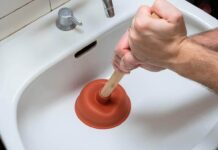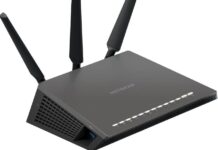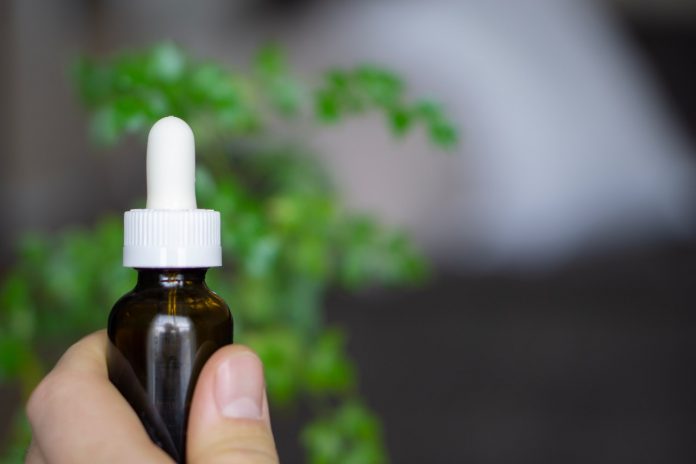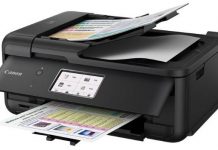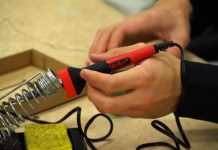Through the internet, in a newspaper article, or through friends, you may have heard about the benefits of CBD oil. You may even be considering how to use it in your daily life, and debating what’s the best way to incorporate it into your daily activities. Should you take a tincture or a capsule? Is all CBD made the same way? Can it have negative side effects you need to know about?
Before trying any CBD oil regimen, it’s important to understand what CBD is, and the benefits that science suggests may come with it. Here’s what you need to consider before using CBD oil to your daily regimen.
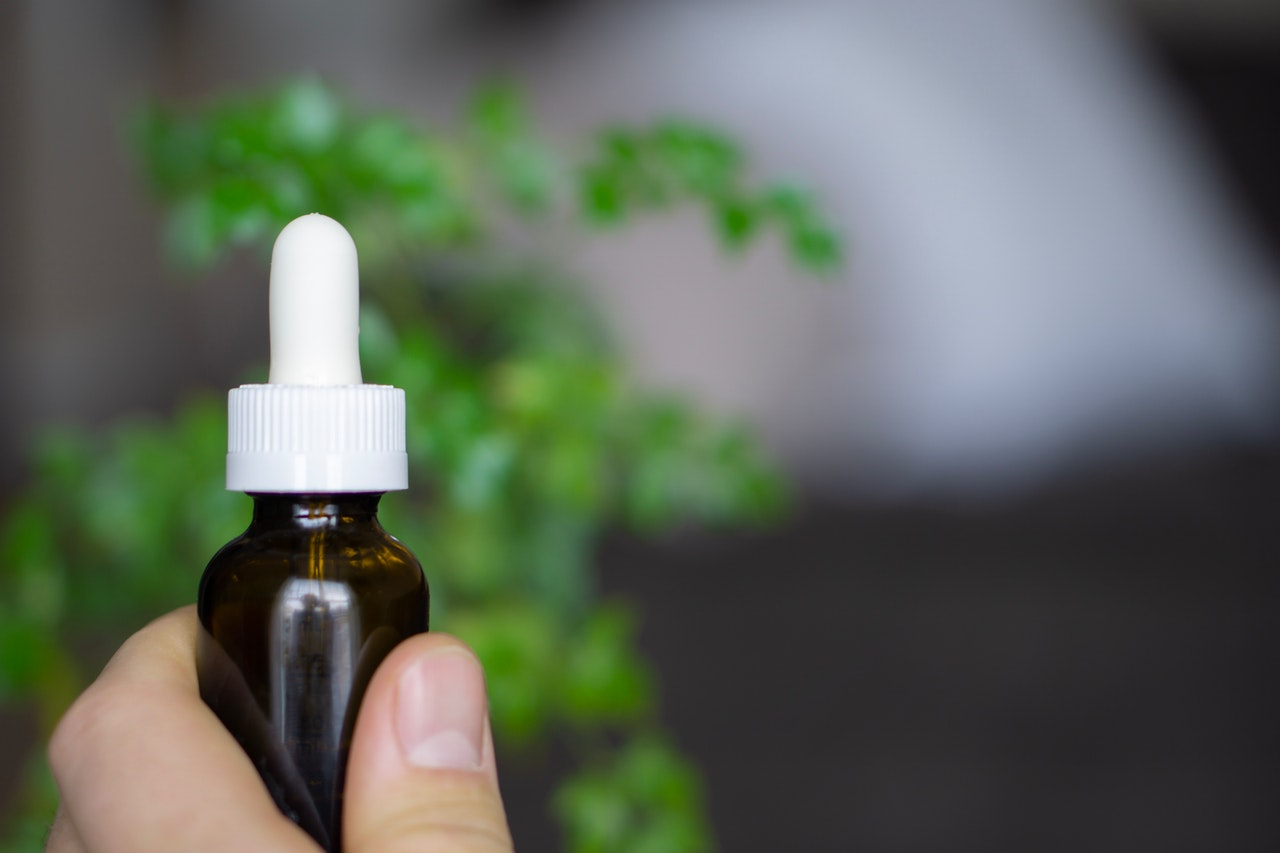
What is CBD Oil?
CBD is short for cannabidiol, the naturally occurring compound found in industrial hemp plants. While these plants can be grown anywhere, high-quality CBD oil is produced from plants grown on licensed farms in the United States. States including California, Colorado and Kentucky all grow industrial hemp destined to become CBD oil.
Even though crops are closely supervised, they can also meet USDA Organic qualifications, and pure CBD oil can be certified as organic. In order to earn the “Organic” label, farms must meet strict qualifications, including crop rotation and pesticide use.
There are three key different types of CBD oil: isolate, broad-spectrum, and full-spectrum. As the name suggests, CBD isolate contains only CBD, without any of its partner cannabinoids. While this is considered a “pure” product, its potential may be limited. Broad-spectrum oil contains CBD and additional cannabinoids naturally found in hemp plants, but the “entourage effect” is often limited because CBD is the primary ingredient.
Full-spectrum CBD oil is harvested from the entire industrial hemp plant, which collects all of the cannabinoids found in the plant. When taking organic, full-spectrum CBD oil, the combined compounds create what’s known as the “entourage effect,” which makes the CBD even more effective.
One of the most common questions about CBD oil is about the THC content, which creates the “high” effect from cannabis use. As an industrial standard, high-quality CBD oil cannot contain more than 0.3% THC by dry weight. As a result, high-grade CBD oil won’t get you high, nor will it cause you to fail a drug test.
Why Do People Use CBD Oil?
Over the last 20 years, CBD oil has been studied by a number of universities and medical research centers for its potential benefits. Their peer-reviewed submissions show CBD may promote overall wellbeing.
Much of the research is focused on the endocannabinoid system, which is tied to regulating normal body functions. From gut health to skin elasticity, studies suggest that the endocannabinoid system runs throughout our major organs and can help healing and balance.
Because CBD oil engages directly with the endocannabinoid system, science suggests there are clear-cut health benefits from regular use. Studies have focused on CBD’s ability to improve sleep, regulate digestive health, and improve skin quality. In many of the experiments, those who used CBD reported an improvement compared to those who were in the placebo group.
Although there’s much more research to be done on CBD and how it affects overall wellbeing, the early research suggests there’s a lot of potential. With more research being conducted daily, now is a good time to take a closer look at CBD oil.
What CBD Oil Should I Use?
There are a lot of different products that claim to contain CBD. From oil tinctures and capsules, to ointments and cosmetics, CBD seems to be everywhere these days. How do you tell high-quality CBD from imposter products?
First, look at where the CBD is sourced from. If it traces its harvests back to a hemp-friendly state like Colorado, it’s an indicator of its high quality. Next, look at the ingredient label. The primary ingredient should be full-spectrum CBD, with a limited amount of binders. Finally, be sure to look for the USDA Organic certification, as it adds a layer of quality to the product.
Once you’ve done your diligence, consider carefully how to take CBD oil. While studies suggest that using an oil tincture sublingually is the best way use CBD, capsules may be more convenient. While ointments and other topicals may claim to have CBD, they can be less effective than pure CBD.
Before starting and CBD regimen, it’s important to talk to your doctor first. By understanding your goals and ensuring there are no unwanted interactions with prescription medications, you can start confidently using CBD to unlock all the potential health benefits.



